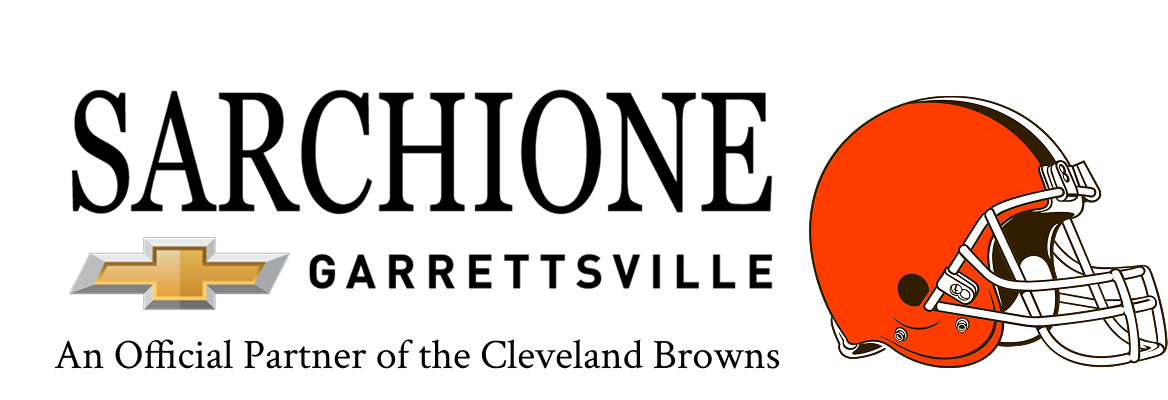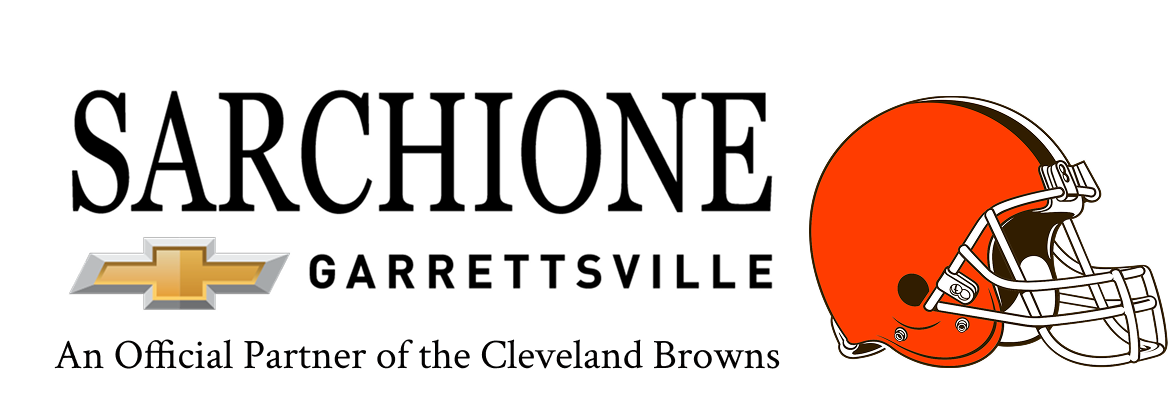A noisy Chevy engine can be a concerning issue for any vehicle owner. Engine noise is not only annoying. However, it could also indicate underlying mechanical problems that could worsen over time.
Identifying the source of the noise and addressing it promptly is important to prevent further damage to your vehicle and maintain its performance. In this article, we will explore common causes of a noisy Chevy engine and how to resolve these issues effectively.
Understanding Common Causes of Engine Noise
The first step in fixing a noisy Chevy engine is understanding what could be causing the noise. Several factors can lead to unusual engine sounds, ranging from minor issues to more significant mechanical problems. Identifying the source of the noise will help determine the best course of action for repair.
Lifter or Valve Problems
One of the most common causes of a noisy engine is a malfunctioning lifter or valve. The lifters are responsible for opening and closing the engine’s intake and exhaust valves, and if they become worn or damaged, they can create a tapping or ticking sound. This type of noise is typically more noticeable when the engine is idling or when the vehicle is under load.
Low Oil Pressure or Oil Quality
Insufficient oil levels or low oil pressure can also result in a noisy engine. When the oil level drops too low, or the oil becomes dirty and thick, it can fail to lubricate the engine’s components effectively. This leads to increased friction between parts, resulting in knocking or ticking sounds. Regular oil changes are essential to maintain proper lubrication and prevent engine damage.
Worn Piston Rings
Worn piston rings are another potential cause of engine noise. The piston rings are responsible for sealing the combustion chamber and allowing proper compression. When the piston rings wear out, they can cause a knocking or tapping sound as the pistons move. This issue can be more difficult to diagnose without a professional inspection, but it can result in reduced engine performance if left untreated.
Diagnosing the Source of the Noise
Diagnosing the exact source of a noisy Chevy engine requires a careful inspection of the vehicle’s components. A trained technician will typically begin by listening for the specific type of noise to narrow down the possible causes. For example, tapping noises are often associated with lifter or valve issues, while knocking noises may point to problems with the pistons or bearings.
A professional mechanic will also check the engine’s oil level and quality. If the oil is low or dirty, they may recommend an oil change to restore proper lubrication. If oil issues are not the cause of the noise, the technician may move on to inspecting the engine’s internal components, including the lifters, valves, and piston rings.
In some cases, the technician may use specialized equipment, such as an engine stethoscope, to listen to different parts of the engine more closely. This can help pinpoint the location of the noise and determine whether further repairs are necessary.
Fixing the Noisy Engine
Replacing Lifters or Valves
If the lifters or valves are causing the noise, they may need to be replaced. Replacing these components is a labor-intensive process that requires the removal of parts of the engine, such as the cylinder head. A trained mechanic will carefully remove and replace the damaged lifters or valves and reassemble the engine to restore quiet operation.
Addressing Oil Issues
If low oil pressure or poor oil quality is the cause of the noise, the solution may be as simple as performing an oil change. Replacing the engine oil and oil filter will help restore proper lubrication and reduce friction within the engine. In some cases, if the oil system is clogged or the oil pump is malfunctioning, further repairs may be necessary.
Repairing or Replacing Piston Rings
Worn piston rings require more extensive repair. In many cases, repairing or replacing the piston rings involves disassembling the engine, which can be costly and time-consuming. If the piston rings are worn, the mechanic may also inspect other engine components for signs of additional damage, such as worn bearings or cylinder walls. This type of repair is often best left to professionals, as it requires specialized tools and expertise.
Preventing Future Engine Noise
Preventing future engine noise in your Chevy vehicle involves regular maintenance and addressing issues as they arise. Routine oil changes are one of the simplest and most effective ways to keep your engine running smoothly and reduce the risk of engine noise. Additionally, keeping an eye on your vehicle’s performance, such as monitoring oil levels and paying attention to unusual sounds, can help catch potential problems early.
If your Chevy’s engine starts making unusual noises, it’s important to take action quickly. While some issues may be minor, others could be indicative of more severe problems that, if left unaddressed, could lead to more expensive repairs. Regular inspections at a professional Chevy service center will help keep your engine in good condition and minimize the risk of future issues.
A noisy Chevy engine should never be ignored, as it can signal potential mechanical issues that may affect your vehicle’s performance and longevity. By understanding the common causes of engine noise, diagnosing the problem correctly, and seeking professional repairs, you can restore your engine’s quiet operation and avoid costly damage.


